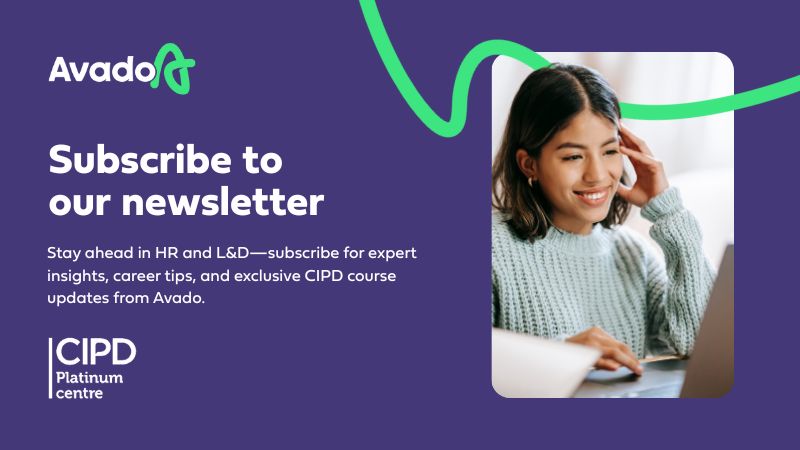Over the past decades, corporate scandals have ratcheted up in numbers, with the toxic behaviour of organisations like Enron and Uber (amongst others) hitting the headlines for all the wrong reasons. Not surprisingly, some of the love has gone, and nowadays it’s hard to accept what many organisations claim about themselves at face value.
Today’s job movers need to be switched on and savvy regarding whether an organisation is right for them.
As someone who’s interviewed countless job applicants for large Times top 100 companies, there were questions I always wished applicants would ask me about, but often they didn’t.
So, let’s say right off the bat. That stellar question was not ‘What’s the salary’. Nor ‘How many days leave do I have?’ Important though they are, they’re not the first thing the interviewer expects their job candidate to ask about.
To strike an authentic chord in a job interview – differentiate yourself from the crowd.
A candidate’s understanding of my organisation’s core values is what ignited my interest.
That’s right. It’s asking questions about the organisation’s values that did it every time for me. When a candidate knew about our organisation’s values, I knew I was a winner.
Maybe the organisation’s values don’t sound as interesting as the perks of the job, but I believe their values are the most powerful and valuable benefits they can offer you.
So, What are Corporate Values?
The values of the organisation are the treasured, enduring characteristics it believes are important to its raison d’etre and are essential to developing an effective corporate culture. Every organisation should have values it wholeheartedly subscribes to, values that underpin the integrity of its intent.
Avado Learning’s values include ‘unlocking potential’; ‘being learner obsessed’, and a ‘culture of continuous learning’. These value statements convey depth and character and can help candidates make insightful comparisons between different HR course providers.
You Can Discern a Lot About a Business That can’t Articulate Core Values
During a job interview with for a job with a management consultancy, I asked about their core values and what they meant to them. The senior Partner shrugged and said, “Making money”. When I probed further, he repeated: ‘We value making money”. I appreciated the need, but still, this should have raised a red flag. I got the job and realised that money was all they cared about six months later. Another six months went by and I left for a more motivational job.
Organisational Values with Impact Will Inspire You
Dr Minoru Shirota the Japanese inventor of Yakult lived his values. A medical Doctor in 1920s Japan, he witnessed a devastating cholera epidemic. For those who may not know, cholera was about as lethal then, as the Covid 19 pandemic has been today. Dr Shirota believed that good bacteria in the gut were essential to building immunity. So he took up studying microbiology and devoted five years to cultivating a version of lactic acid bacteria that was safe for human consumption. He cracked it in 1935, and Lactobacillus Casei Shirota (LcS) was born. Immediately he set to work developing a healthy drink using the bacterium to give it to his patients. He called his health drink ‘Yakult’. When news of its benefits spread, he set up a home delivery service and distributed the health drink to the elderly and infirm across his region.
Dr Shirota’s humanitarian ideals were at the heart of his endeavours and the organisation he foundered still hold to them today, namely:
- Prevention rather than cure
- A healthy gut lead to a long life
- Good health should be accessible to all, not just the wealthy
Source: Yakult, 2023.
Who wouldn’t want to work for an organisation whose organisational values were founded on such powerful, humanitarian principles?
An Organisation’s Core Values Should be ‘Non-Negotiable’.
Two talented consultants, Collins and Porras, say an organisation’s core values should be ‘non-negotiable.’ You may not have heard of them unless you’re studying a CIPD HR course with Avado.
Read: How will CIPD help me in a career in HR?
These guys know what they’re talking about and have produced several best-selling books on building the company’s vision. Company values they say, are the core set of guiding beliefs the company couldn’t live without. In their view, these core values (like an HR professional following ethical practices) are non-negotiable.
Identify Your Non-Negotiable Values.
To translate what this means for you: consider your intrinsic core values: that speak to your best version – that you would not give up – and couldn’t live without. Values like truthfulness, kindness, compassion, integrity, creativity, and happiness. Collins and Porras believe it’s the same for organisations. For them, an organisation’s core values should be as vital and intrinsic to it as breathing in and breathing out.
Interviewing For a New Job is Challenging and Competitive.
Interviewing for a job role is important to get right. The company wants to know if your talents fit their job role, and you want to know if you’ll be happy working for them.
Don’t be afraid to put your interviewer under the spotlight and ask about the organisation’s values. The ones that get them up in the morning, are non-negotiable. Ask them to give examples of how they live those values too. And share the values important to you as well. Their HR person will be mighty impressed and will remember you.
After all, you only have one opportunity to make a first impression in a job interview. So, make sure it’s a good one.
Check out Avado, the UK’s most trusted CIPD course provider today for HR and L&D courses:
CIPD Level 3 HR and L&D qualification: The CIPD Level 3 Certificate in people practice is ideal for anyone looking to start a career in either HR or Learning and Development.
CIPD Level 5 HR qualification: The CIPD Level 5 Associate Diploma in People Management will help you build on your existing HR knowledge.
CIPD Level 5 L&D qualification: The CIPD Level 5 Diploma in Organisational Learning and Development is the most comprehensive course available for L&D professionals, ideal for you if you want to formalise your existing experience, skills and knowledge.
CIPD Level 7 HR qualification: The CIPD Level 7 Advanced Diploma is aimed at expanding learners’ autonomy so they can strategically direct organisations and their people.

 6 min read
6 min read 


